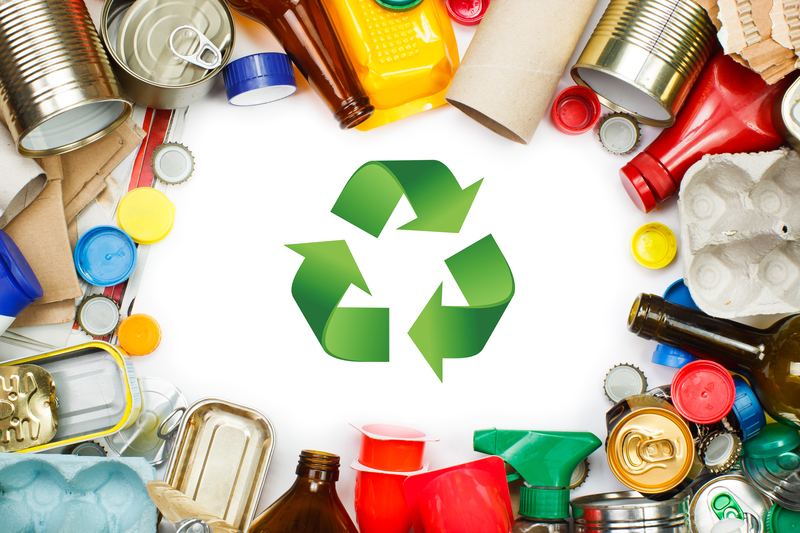From Waste to Resource: Wood Waste Innovations
The increasing generation of wood waste presents both a challenge and a remarkable opportunity for innovative minds. Transforming wood waste into valuable resources not only supports sustainable practices but also contributes to economic growth and environmental conservation. In this article, we delve into groundbreaking innovations that make the most of wood waste, changing perceptions and uncovering new potentials.
The Challenge of Wood Waste
Wood waste comes from various sources--construction and demolition projects, sawmills, furniture manufacturing, and even households. Traditionally, this waste was either burned or sent to landfills, leading to pollution and resource wastage. The growing awareness of environmental issues has spurred the need to rethink how we use wood waste, turning it into a resource rather than a burden.
The Impact of Increased Urbanization and Deforestation
Urbanization and deforestation contribute significantly to wood waste. As cities expand, more trees are cut down to make way for infrastructures, increasing the amount of waste timber. Similarly, rising demand for wood products exacerbates the strain on forests, necessitating more sustainable wood waste management solutions.

Innovative Approaches to Wood Waste
Various industries are pioneering ways to repurpose wood waste effectively. These innovative approaches not only reduce environmental impact but also create new business opportunities and foster economic development.
1. Bioenergy Production
Wood waste can be a rich source of renewable energy. By turning waste wood into bioenergy, we can create clean, sustainable power. The process involves converting wood waste into biofuels such as pellets, briquettes, and ethanol, helping reduce reliance on fossil fuels.
- Wood Pellets: Compressed wood waste can be turned into pellets, a popular source of heating in Europe. They burn cleanly and efficiently, providing an eco-friendly alternative to coal and oil.
- Wood Gasification: This technology breaks down organic material at high temperatures with minimal oxygen to produce syngas, which can be used to generate electricity or heat.
2. Wood-Plastic Composites (WPC)
WPCs are an innovative composite material made by combining wood fibers with plastic. This not only helps in reducing plastic waste but also utilizes wood residues effectively. WPCs are used in the construction of decking, fencing, and even automotive parts, offering durability, low maintenance, and resistance to decay.
3. Activated Carbon from Wood Waste
Wood waste can be transformed into activated carbon, a highly porous material with extensive applications in water purification, air filtration, and even medicine. This process involves heating wood waste in controlled environments, creating a valuable product that supports health and environmental protection.
4. Biochar for Soil Improvement
Biochar is a type of charcoal used to improve soil health. Produced through pyrolysis of wood waste, this material enhances soil fertility, retains moisture, and sequesters carbon, contributing to climate change mitigation. Its utilization in agriculture can significantly enhance crop yields and soil resilience.
The Environmental Benefits
By reimagining wood waste as a resource, we unlock numerous environmental benefits:
- Reduced Landfill Use: With innovative resources derived from wood waste, less material goes to landfills, reducing their environmental footprints.
- Lower Carbon Emissions: Using wood waste for bioenergy and biochar sequestration contributes to a lower carbon footprint, essential in combating climate change.
- Conserving Forests: Efficient utilization of wood waste lessens the demand for new timber, aiding efforts in conservation and reforestation.
Technology and Policies Driving Wood Waste Utilization
The transformation of wood waste into beneficial products is supported by technological advancements and progressive policies.
Technological Innovations
Across the globe, technologies such as gasification, pyrolysis, and advanced composites manufacturing drive the efficient use of wood waste. Automation and artificial intelligence enable precise sorting and processing, maximizing the value extracted from each fragment of wood waste.
Government and Industry Policy Support
Policies promoting sustainable waste management and renewable energy encourage investments in wood waste technologies. Governments offer incentives like tax rebates and grants for businesses pursuing eco-friendly innovations. Furthermore, stringent regulations on landfill use push industries toward rethinking waste disposal strategies.

Success Stories: Companies Leading the Charge
Numerous companies are setting benchmarks in wood waste innovations:
- Enviva: A leader in producing wood pellets, Enviva emphasizes sustainable sourcing and efficient production, supplying clean energy across continents.
- Trex Company: Renowned for manufacturing WPCs, Trex converts wood waste and plastic into high-performance decking and railing solutions, preventing thousands of tons of waste from reaching landfills.
- Agri-Tech Producers: This company turns wood waste into biochar, providing environmentally friendly products for soil enhancement and carbon reduction.
Future Prospects of Wood Waste Innovations
The future of wood waste innovations lies in collaboration, technological advancements, and policy alignment. The continuous research and development in this field promise exciting new ways to utilize wood waste for various applications, fostering a circular economy.
Exploring new markets for wood-based products, such as space construction and sustainable fashion, could revolutionize industries and pave new paths for ecological responsibility.
In conclusion, the world is beginning to see wood waste not as a disposable material but as a valuable resource. As innovations continue to evolve in this space, they hold the potential to significantly impact the environment and economy positively. Leveraging technology, supportive policies, and market demand, stakeholders can drive these changes, ensuring that wood waste innovations play a key role in achieving sustainability goals globally.